Psychological Impact of Multiple Miscarriages on Women
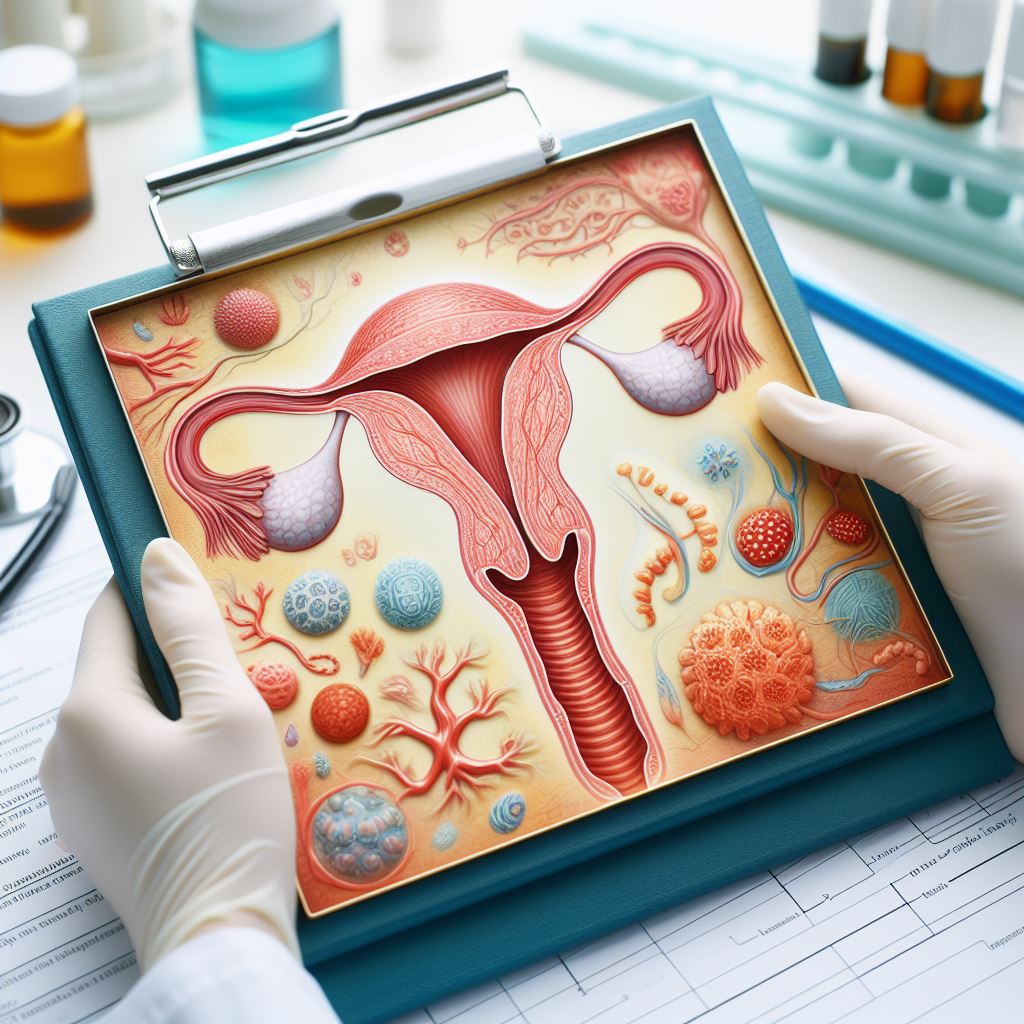
Introduction Miscarriage is the loss of a pregnancy before 20 weeks of gestation. It is a common and devastating experience that affects up to 20% of all pregnancies. However, some women may suffer from recurrent miscarriages, which are defined as three or more consecutive pregnancy losses. Recurrent miscarriages are less common, affecting about 1% of […]
Role of Laparotomy in Treating Complex Fertility Conditions
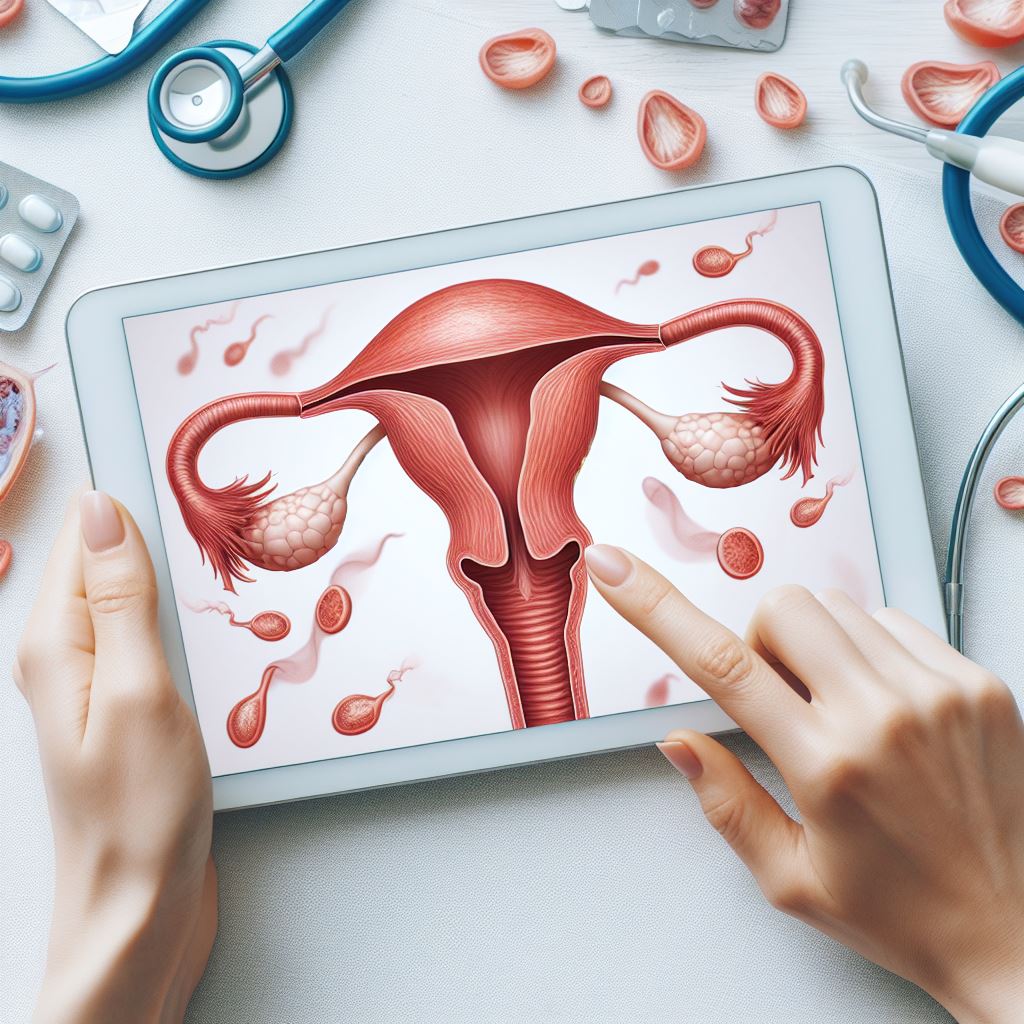
Introduction Laparotomy is a surgical procedure that involves making a large incision in the abdomen to access the organs inside. It is sometimes used to diagnose and treat complex fertility conditions that affect women’s ability to conceive and carry a pregnancy. In this blog, we will explain what laparotomy is, how it works, what conditions […]
Role of Fertility Apps and Technology in Tracking Menstrual Cycles

Fertility apps are digital tools that allow users to record and monitor their menstrual cycles and bodily signs of ovulation. They are designed to provide more detailed and personalized information about the individual’s reproductive health and fertility window. Fertility apps are part of a larger category of technology known as FemTech, which targets female health […]
The Role of Hysterosalpingography in Assessing Fallopian Tube Function
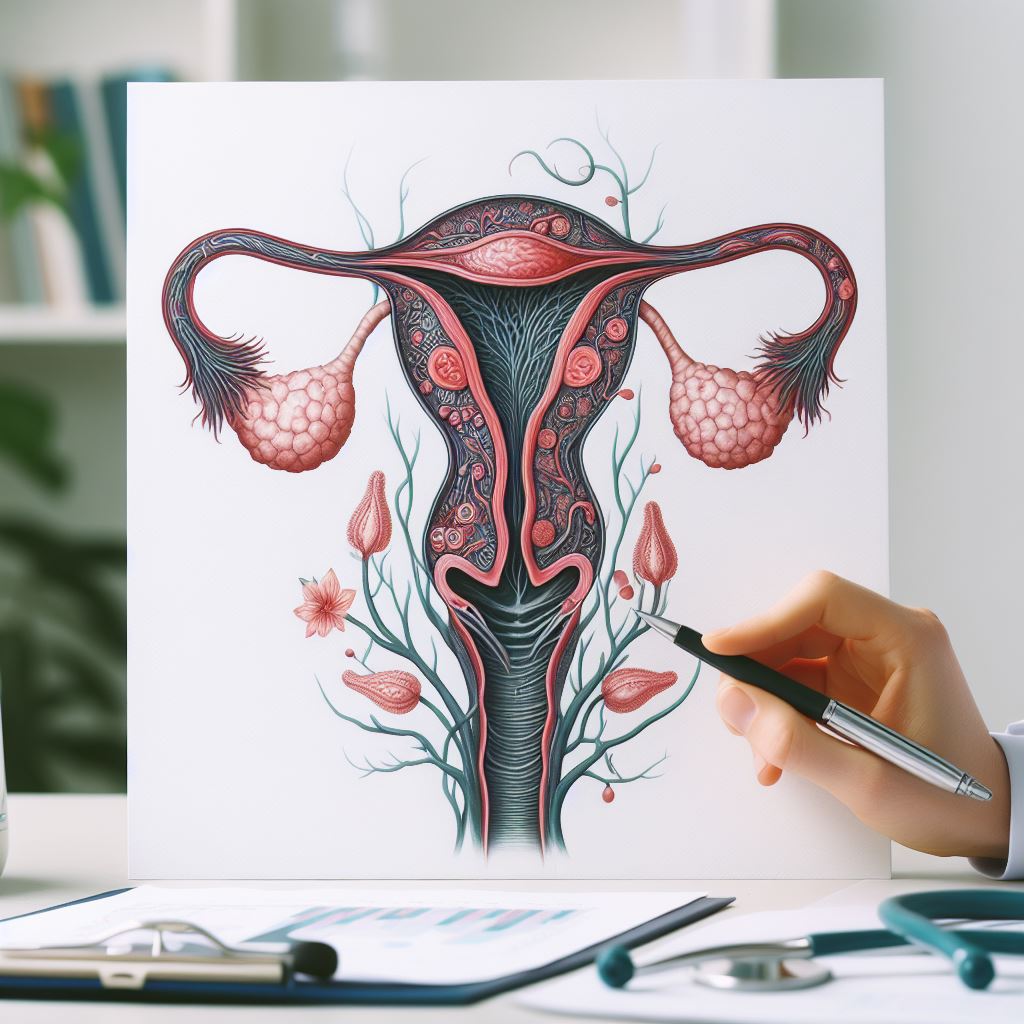
Introduction If you are a woman who is struggling with infertility, you may have heard of a test called hysterosalpingography (HSG). This is a diagnostic test that uses X-rays to examine the uterus and fallopian tubes. This examination visualizes possible blockages or abnormalities in these crucial areas for reproduction. In the case of an obstruction […]
How Environmental Toxins Affect Female Reproductive System and Fertility
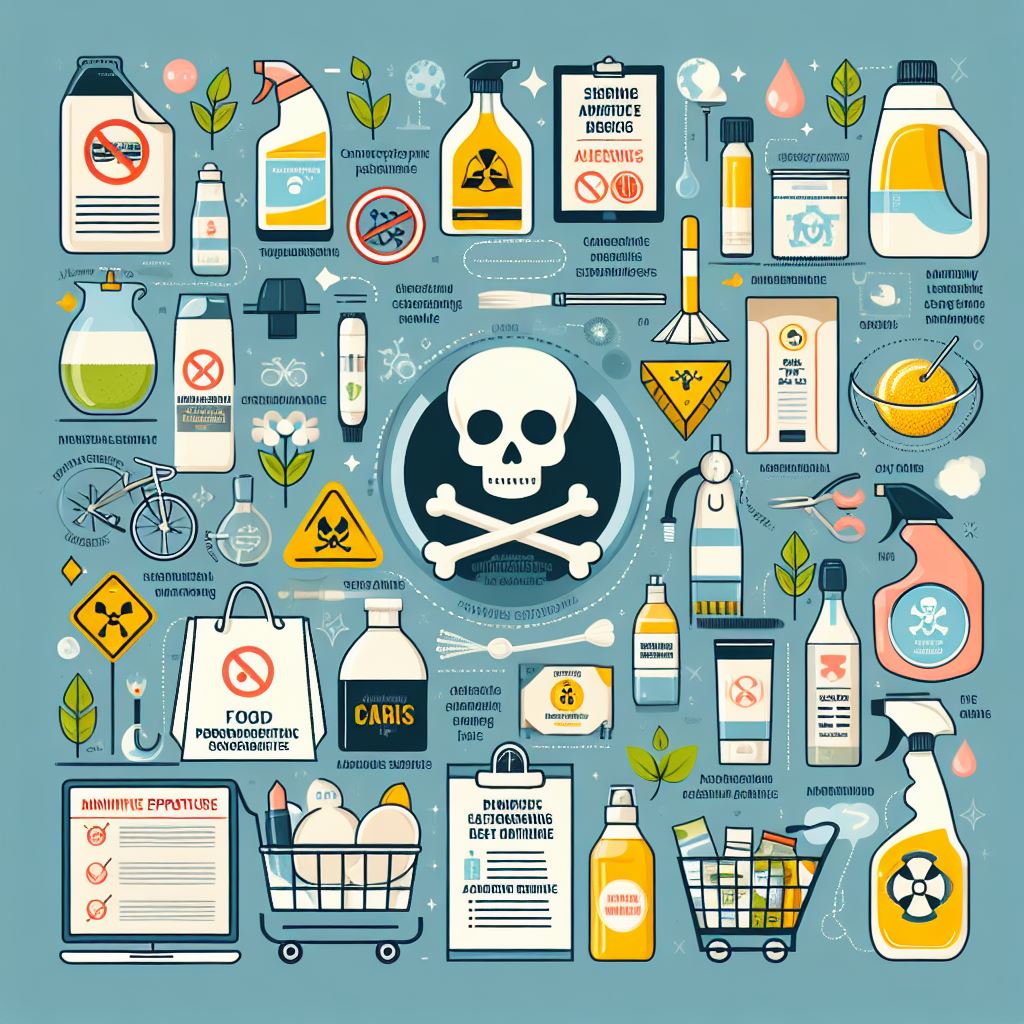
We live in a world that is full of environmental toxins, which are harmful substances that are present in the air, water, soil, food, or products that we use or consume. Environmental toxins can include pesticides, herbicides, heavy metals, plastics, solvents, radiation, and many more. These toxins can have various negative effects on our health […]
Male Factor Infertility Treatments and Their Implications for Female Fertility

Introduction When a couple is trying to conceive, they may face various challenges and obstacles. One of these challenges is male factor infertility, which is when the male partner has a problem with his sperm quality, quantity, or function, that affects his ability to fertilize an egg. Male factor infertility accounts for about 40% of […]
Laparoscopy for Fertility: What You Need to Know

Introduction If you are a woman who is having difficulty getting pregnant, you may have heard of laparoscopy as a possible option to diagnose and treat your fertility issues. Laparoscopy is a minimally invasive surgical procedure that allows your doctor to examine your pelvic organs and perform certain treatments through small incisions in your abdomen. […]
How to Cope with Infertility Stress: Psychological Strategies for Women

Introduction Infertility is a challenging and stressful experience for many women. According to the World Health Organization, infertility is defined as the inability to conceive after 12 months of regular unprotected sexual intercourse. Infertility affects about 10% of women worldwide, and it can have a significant impact on their mental and emotional health. Infertility stress […]
Endocrine disorders and their effect on female fertility
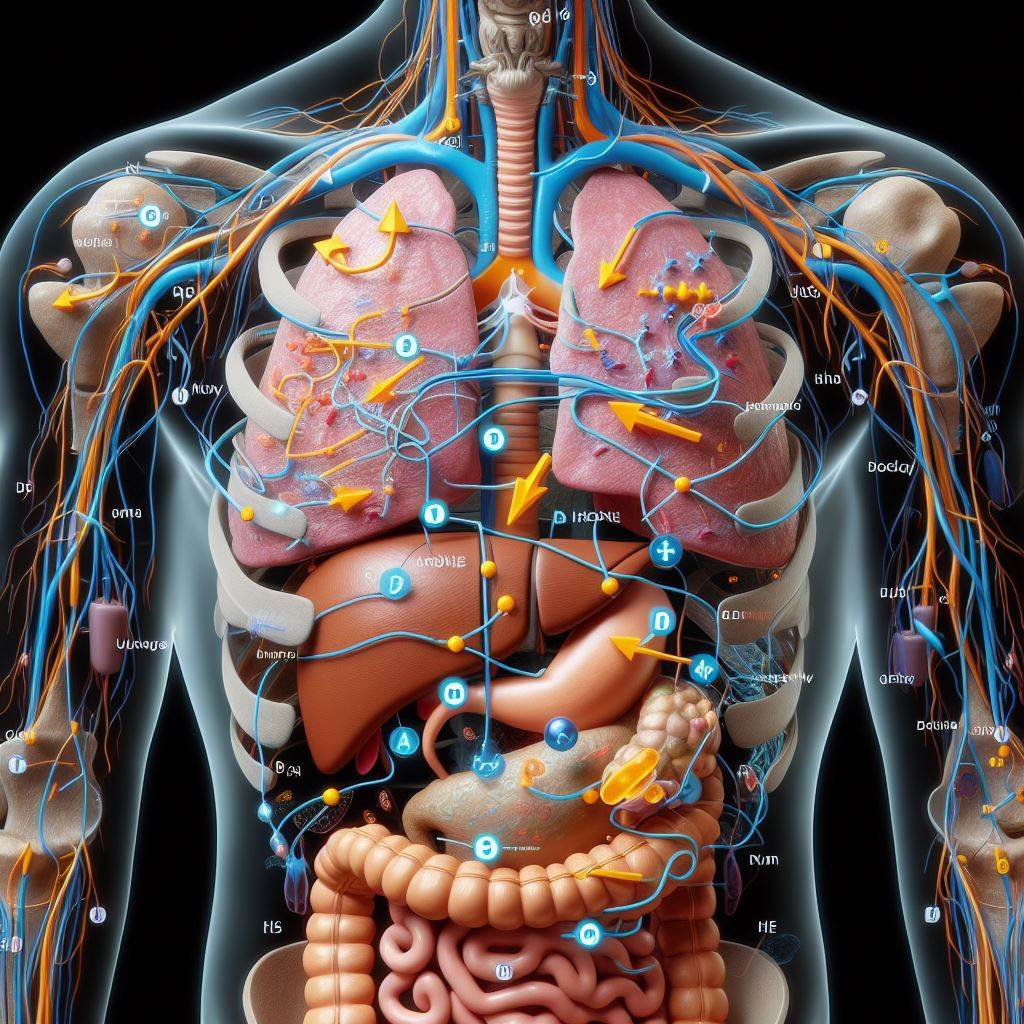
Introduction If you are a woman who is struggling to conceive, you may wonder if you have an endocrine disorder that is affecting your fertility. Endocrine disorders are conditions that affect the glands and hormones in your body, which regulate many functions such as metabolism, growth, reproduction, and mood. Some of the most common endocrine […]
Understanding Age-Related Infertility in Women: Insights and Solutions

As women age, their fertility naturally undergoes changes, often leading to challenges in conceiving. This article delves into the complexities of age-related infertility in women, offering evidence-based insights and practical advice. We’ll explore the biological factors at play, lifestyle considerations, and available fertility treatments. Our goal is to provide empowering information to those navigating this often-challenging journey.
Hormonal Imbalances and Fertility Issues: A Path to Balanced Fertility

Navigating the Labyrinth of Fertility
Fertility, the ability to conceive and bear a child, is a delicate dance of hormones, a symphony of chemical messengers that coordinate the intricate processes that lead to pregnancy. When these hormones are out of balance, it can disrupt the reproductive system, hindering the journey towards parenthood. Understanding the nature of hormonal imbalances and the impact they have on fertility is crucial for couples seeking to enhance their chances of conceiving.
Endometriosis and its Impact on Fertility

Endometriosis is a common gynecological disorder that affects over 11% of women in the United States. It is a condition in which the tissue that normally lines the uterus (endometrium) grows outside of the uterus. Endometriosis can cause severe pain, heavy menstrual bleeding, and infertility. It is estimated that up to 50% of women with endometriosis experience difficulty conceiving.What is Endometriosis?Endometriosis is a chronic condition that affects the female reproductive system. It occurs when the tissue that lines the uterus (endometrium) grows outside of the uterus. This tissue can attach to other organs in the pelvis, such as the ovaries, fallopian tubes, and bladder. Endometriosis can cause severe pain, heavy menstrual bleeding, and infertility. It is estimated that up to 50% of women with endometriosis experience difficulty conceiving.
Polycystic Ovary Syndrome (PCOS) and Infertility

Polycystic Ovary Syndrome (PCOS) is a common hormonal disorder that affects women of reproductive age. It is characterized by an imbalance of the reproductive hormones, leading to the formation of cysts on the ovaries. PCOS is one of the leading causes of infertility in women.What is PCOS?PCOS is a complex disorder caused by an imbalance of reproductive hormones. It occurs when the body produces too much of the male hormone, testosterone, and other androgens. This hormone imbalance can lead to a number of symptoms, including irregular menstrual periods, acne, excess body hair, and difficulty conceiving.
